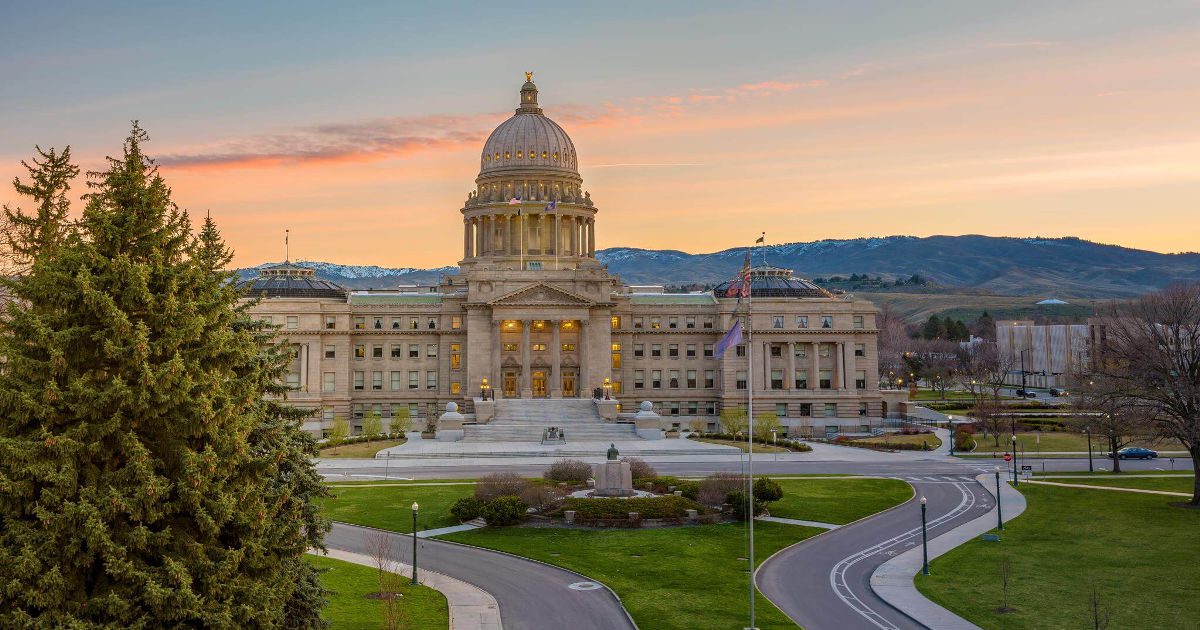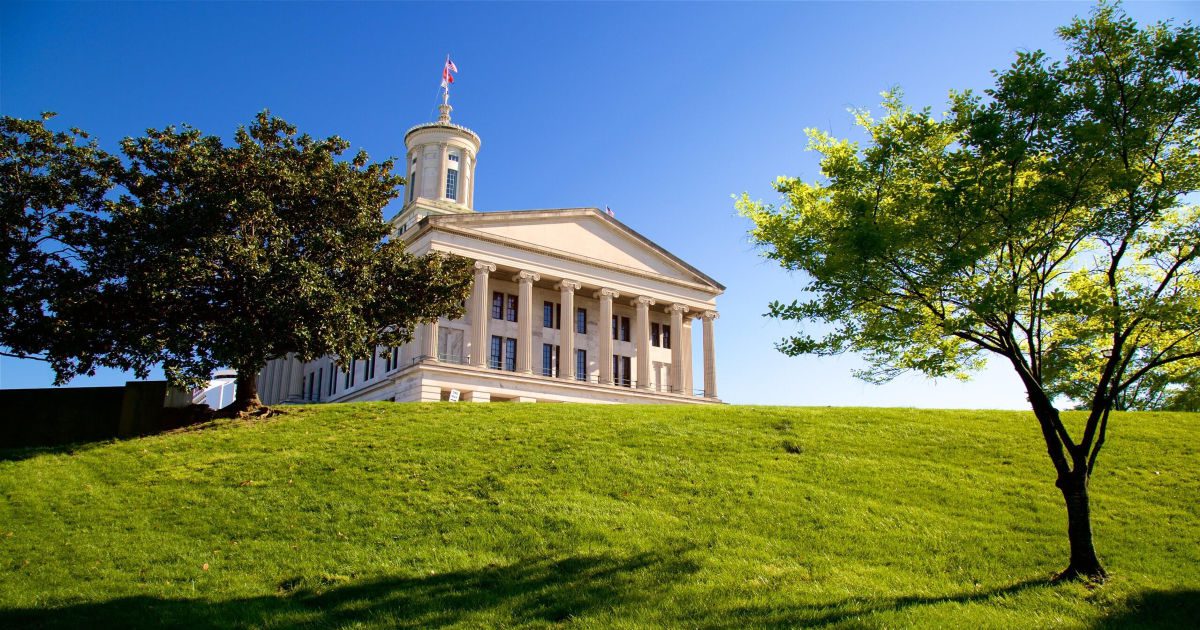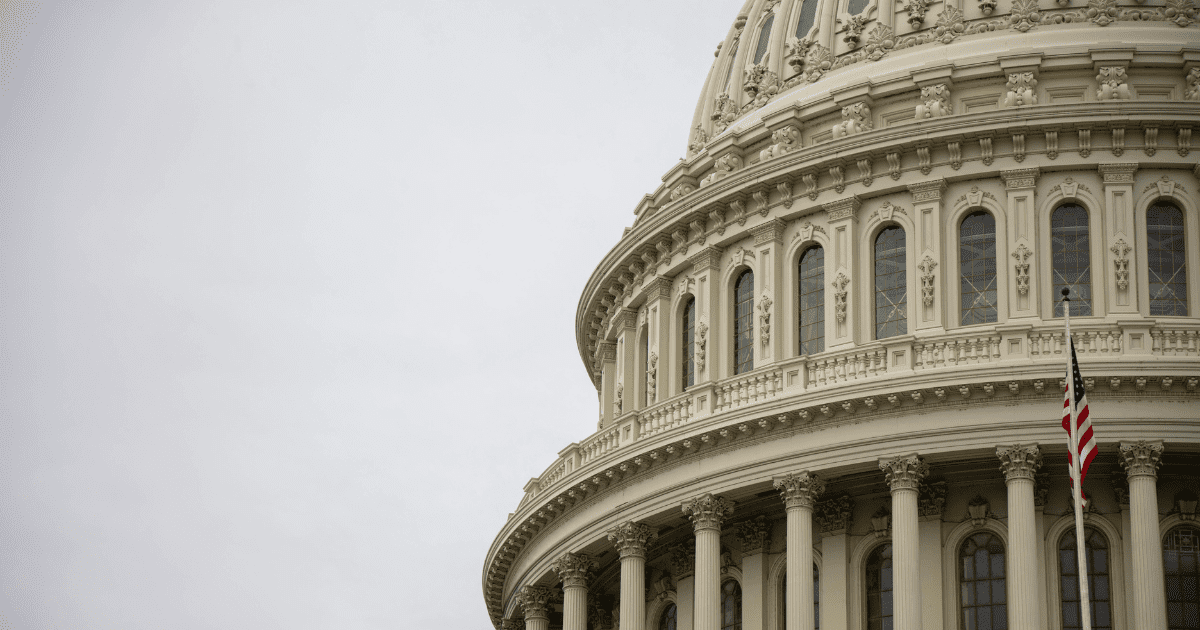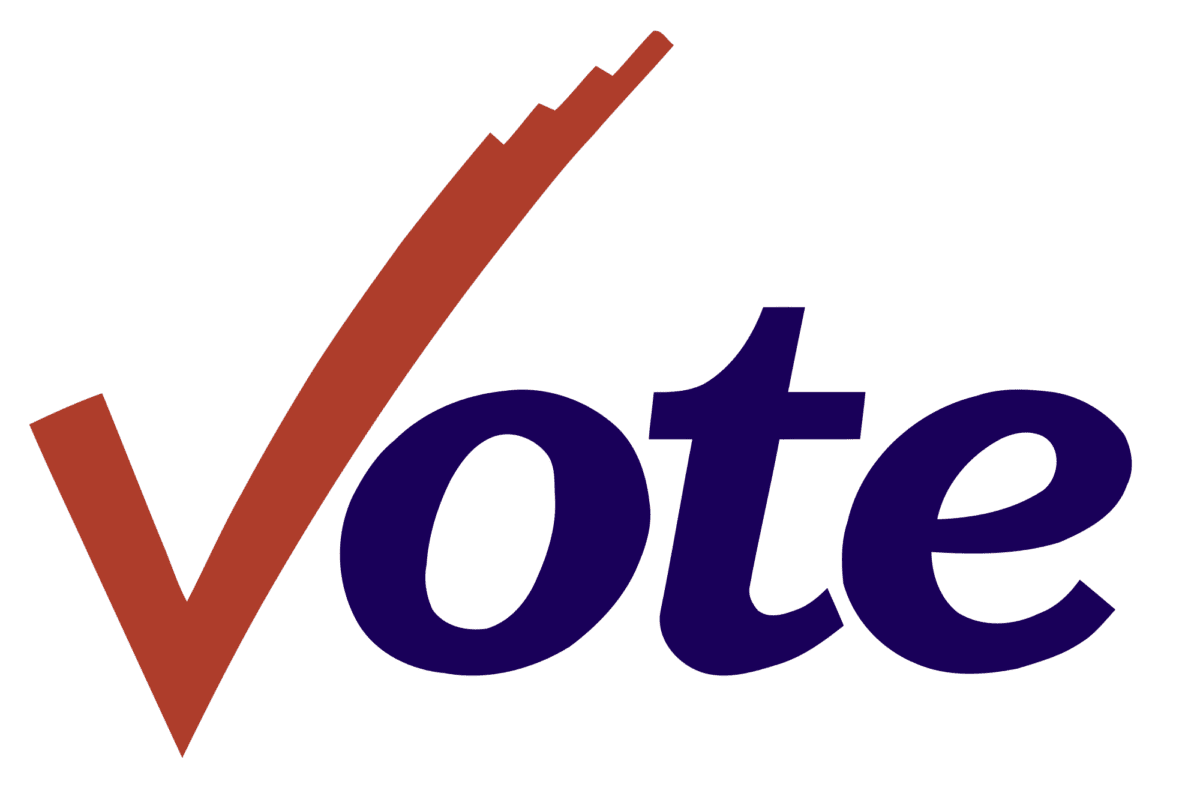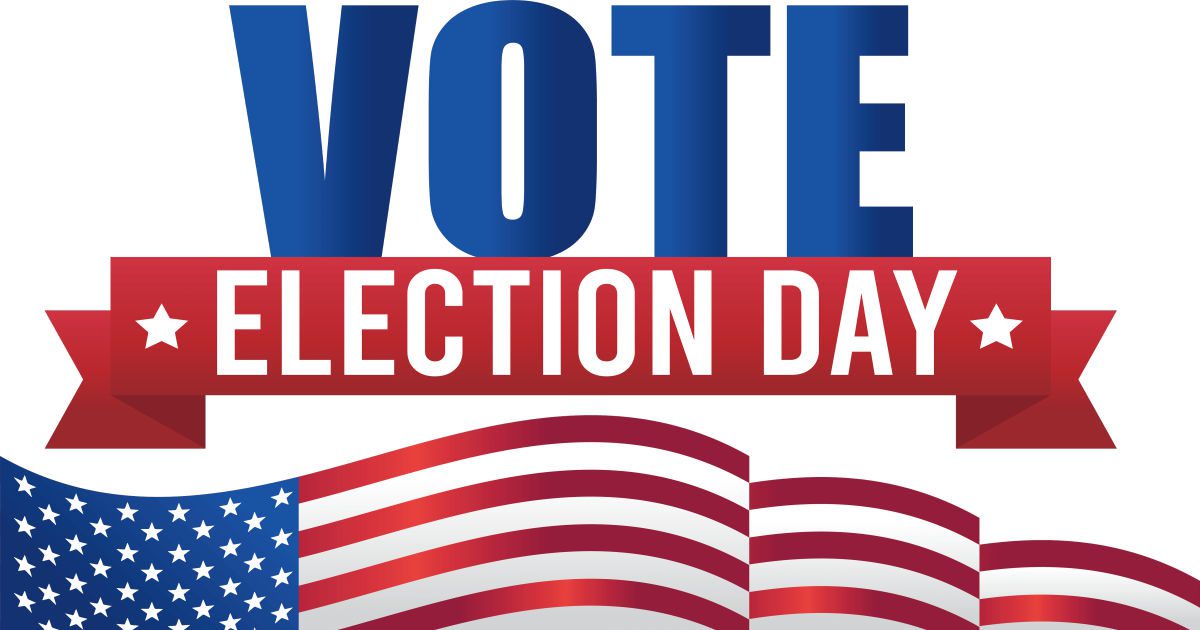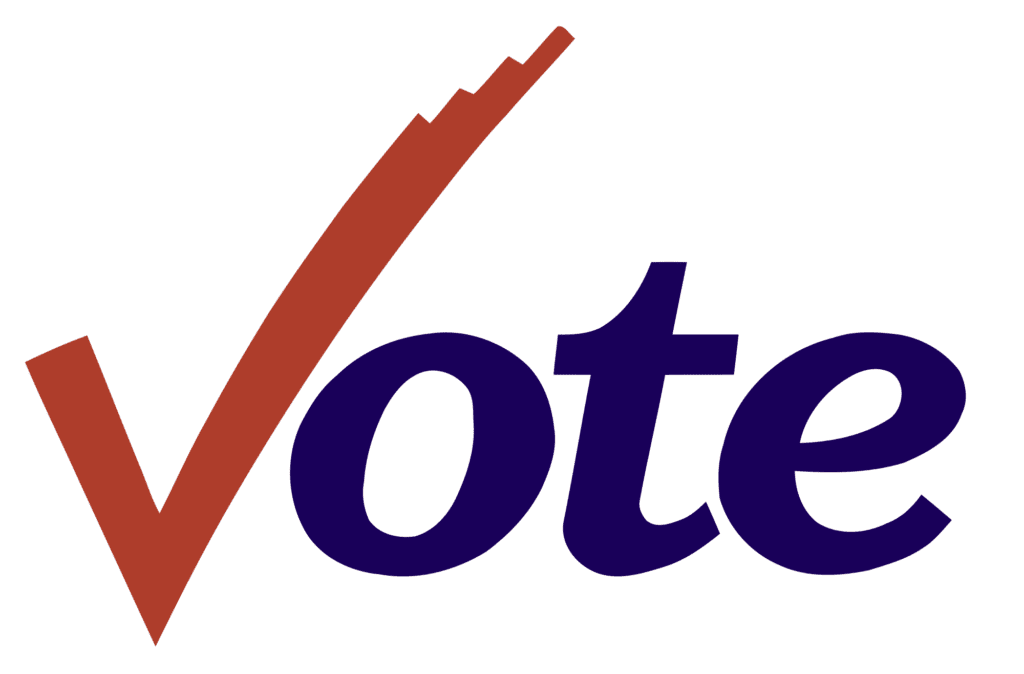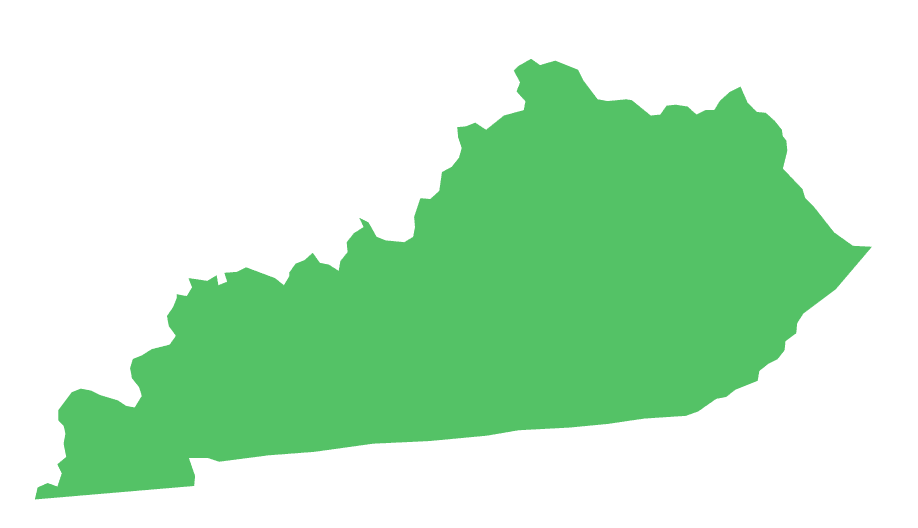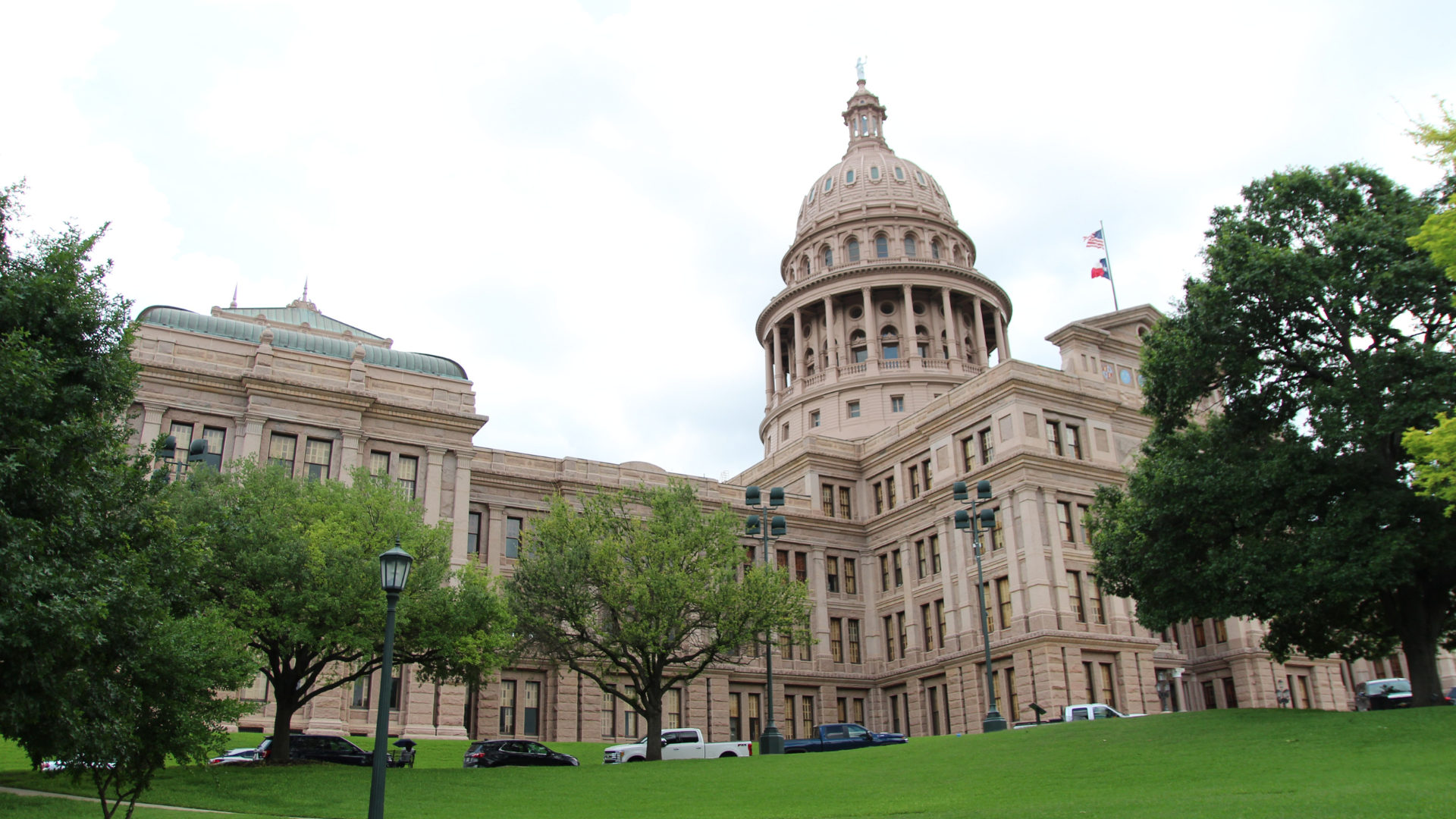By Annie Grey
“Freedom is a state of exemption from the power or control of another; liberty; exemption from slavery, servitude, or confinement. Freedom is personal, civil, political, and religious.” — Webster’s 1828 Dictionary
Exposing the School Choice Threat
We homeschoolers tend to be a cautious bunch, being wary of mainstream narratives regarding education. Especially those that affect our God-given freedom to choose how our children are educated. The strength of our freedom was built on a foundation of independence and a consistent refusal of government funding. These freedoms have been fought for by pioneering homeschoolers who, in some cases, were jailed and had their children removed from their homes as punishment for upholding their God-given right to freedom. Learn more about Idaho’s homeschool history by reading my article “Free to Homeschool.”
Recently, these convictions have wavered as many homeschoolers have joined the School Choice movement. “School Choice” is a term thrown around in many different states to emotionalize a choice we already have. Every parent already has the right to choose public, private, parochial, home, or online school for their children. The School Choice movement isn’t about providing a choice. Instead, it is about who will pay for that choice. Touted as the miracle that will save the American education system, School Choice proponents hawk sales-pitch slogans like vendors at a carnival, making lavished promises and downplaying obvious risks.
Maybe you’re just now learning about the School Choice movement, or perhaps you already understand it. Regardless of where you are, as lead learners in our homes, we must strive to educate ourselves on issues that matter.
Homeschool Idaho Resources
That is why Idaho’s state homeschool organization, Homeschool Idaho, has created a webpage with a wealth of information regarding the School Choice argument. Regardless of where you live, all the resources are relevant to homeschoolers. Do you want to learn what School Choice is and what it is not? Then check out the “What is…” page. Are you curious about what UNESCO has to do with School Choice? Be sure to visit the “UNESCO connection” page. Do you know who School Choice actually benefits? If not, read the “Does it deliver?” page.
The resources I have outlined, and many more offered, were created to help you educate and equip yourself and other homeschool parents to engage with this topic. As Homeschool Idaho exposes School Choice, I encourage and challenge you to share these resources with your homeschool friends, family, leaders of your homeschool organizations, and your legislators.
Stand Up for Freedom
As the ones with the most to lose, we must guard against emotional arguments, flowery words, political rhetoric, and the rat trap of “free” money. Let’s not fall prey because we are uninformed. Rather, let’s hold our state’s homeschool organizations to a higher standard by taking an unapologetic stand for homeschool freedom. Together, let’s choose better.
If we wish to continue to walk in the rights and freedoms to educate our children as ordained by God, we cannot be uninformed or silent. As Paul wrote in Galatians 5:1, “For freedom Christ has set us free; stand firm therefore, and do not submit again to a yoke of slavery.”

Annie Grey is a Christ follower, wife, and momma to two CC graduates. When she isn’t serving families in Montana, Idaho, and Wyoming as an Area Representative, she is enjoying the outdoors in many ways, working on the family homestead, teaching group fitness classes, engaging with her young adults in thought-provoking and interesting conversation, or curled up reading a good book. After launching her arrows, she is grateful in this season that God is still using her to encourage and support families who wish to homeschool.
